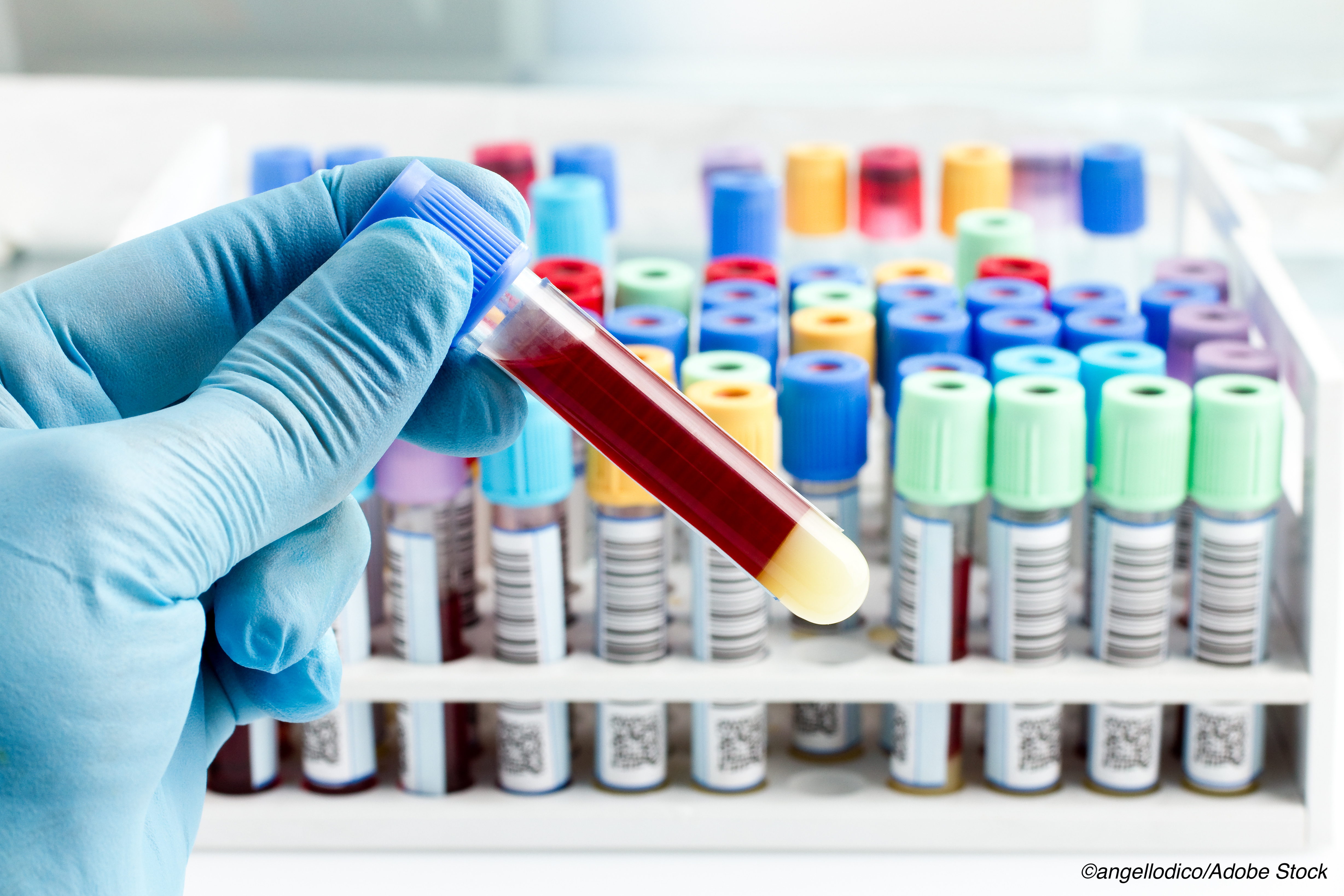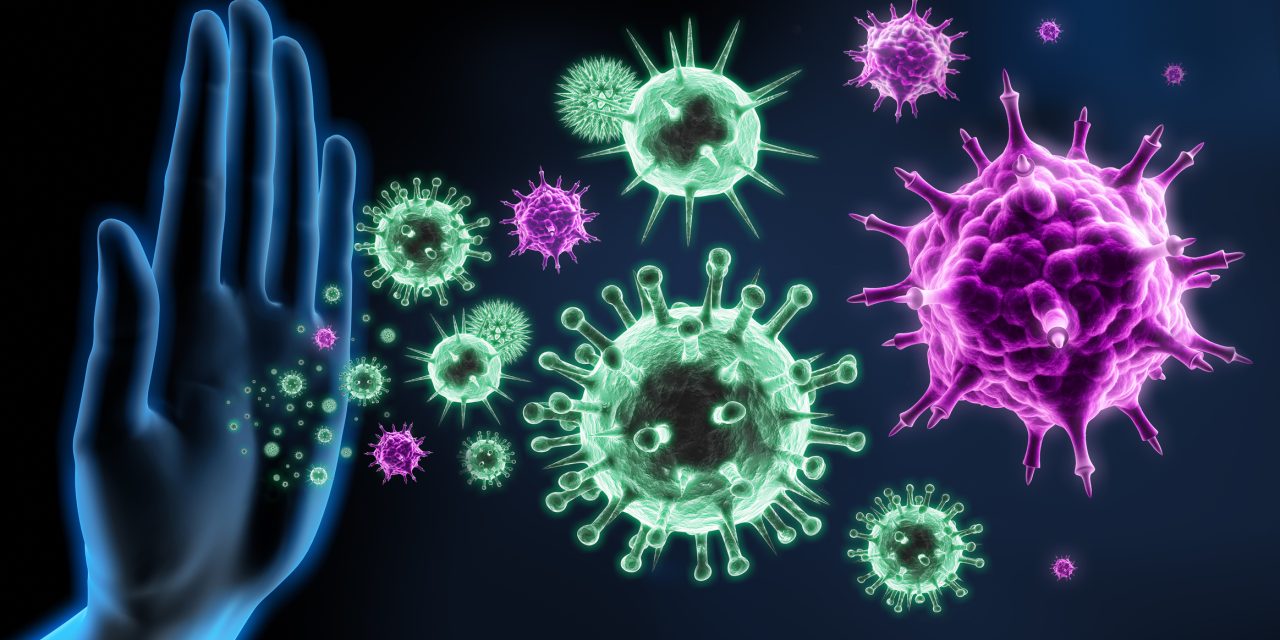
Low vitamin D levels were not independently linked to an increased risk for SARS-CoV-2 seropositivity in generally healthy, working-age adults participating in a well-powered cohort study.
People who were seropositive for SARS-CoV-2 did have lower mean vitamin D levels before and during the Covid-19 pandemic compared to SARS-CoV-2 seronegative participants in the population-based analysis; however, the association between seropositivity and vitamin D level was not seen after adjustment for multiple confounders in the study, which involved data on more than 18,000 employees of Quest Diagnostics laboratory and their spouses participating in an employer-sponsored biometric screening program.
The findings were published online May 19 in JAMA Network Open.
“These findings do not support the hypothesis that vitamin D plays a role in susceptibility to SARS-CoV-2 infection,” wrote researcher Yonghong Li, PhD, and colleagues from Quest Diagnostics.
This hypothesis has been explored in dozens of observational studies conducted since Covid-19 was first identified.
In a recently published meta-analysis of 31 such studies, which were all peer reviewed, researchers characterized the research as largely “poor quality,” but they concluded that the evidence overall showed a trend toward an association between low vitamin D levels and poorer Covid-19 outcomes. Just 14 of the studies adjusted for potential confounders of low vitamin D.
In a commentary discussing the available evidence on vitamin D levels and Covid-19 risk, infectious disease specialist and consultant Michael Polis, MD, of Bethesda, Maryland, wrote that “the very uncertain evidence found in these observational studies” has not deterred clinical trials designed to evaluate the possible link.
“Insufficiently supported basic information has been used at great expense to support large clinical trials of putative therapeutic agents,” Polis wrote, citing a recent 4,716 participant randomized clinical trial of hydroxychloroquine for the treatment of patients hospitalized with Covid-19.
Polis called the observational evidence supporting the trial “relatively weak,” and it was, in fact, stopped early after an independent monitoring committee determined that the treatment was associated with no mortality benefit.
Polis wrote that the study by Li and colleagues “clearly demonstrated that a well-designed, appropriately sized observational study can provide more definitive evidence than multiple smaller poorly designed studies.”
The study included 18,148 participants who were either employees of the diagnostics company—which has laboratories in every state in the U.S.or their spouses. All study participants were enrolled in an annual screening program that collects yearly biometric, demographic, and laboratory data, and all also opted in to be tested for SARS-CoV-2 antibodies in the 2020 screening event, which lasted from August to November.
Data from the previous year’s pre-pandemic (September 2019-January 2020) screening period were also used in the analysis.
The laboratory data included total vitamin D measurement, and the association between SARS-CoV-2 seropositivity and vitamin D levels was assessed using multivariable logistic regression analyses and propensity score analyses assessing confounders including age, sex race/ethnicity, education, BMI, blood pressure, smoking status, and geographical location.
The median (interquartile range) age of the study participants was 47 (37-56) years, 12,170 (67.1%) were women, 900 (5.0%) were seropositive for SARS-CoV-2, 4,498 (24.8%) had a vitamin D level less than 20 ng/mL, and 10,876 (59.9%) had a vitamin D level less than 30 ng/mL before the pandemic.
In multivariable models adjusting for age, sex, race/ethnicity, education, BMI, blood pressure, smoking status, and geographical location, SARS-CoV-2 seropositivity was not associated with having a vitamin D level less than 20 ng/mL before (odds ratio [OR], 1.04; 95% CI, 0.88-1.22) or during (OR, 0.93; 95%CI, 0.79-1.09) the pandemic.
It was also not associated with having a vitamin D level less than 30 ng/mL before (OR, 1.09; 95% CI, 0.93-1.27) or during (OR, 1.05; 95% CI, 0.91-1.23) the pandemic.
Similar results were observed in propensity score analyses.
SARS-CoV-2 seropositivity was associated with:
- Obesity (OR, 1.26; 95% CI, 1.08-1.46) and not having a college degree (OR, 1.40; 95% CI, 1.21-1.62).
- Asian (OR, 1.46; 95% CI, 1.13-1.87), Black (OR, 2.74; 95% CI, 2.25-3.34), Hispanic (OR, 2.65; 95% CI, 2.15-3.27), American Indian or Alaska Native, and Native Hawaiian or other Pacific Islander (OR, 2.01; OR, 1.54-2.62) race/ethnicity.
- High blood pressure was inversely associated (OR, 0.82; 95% CI, 0.70-0.96), along with smoking (OR, 0.60; 95% CI, 0.47-0.78) and residing in the U.S. Northeast (OR, 0.75; 950.62-0.92) and West (OR, 0.54; 95% CI, 0.44-0.67).
The researchers noted that the variables that remained associated with SARS-CoV-2 seropositivity “might be markers for causative factors rather than themselves being causative biological or social factors.”
They wrote that the finding that hypertension and smoking appeared to be associated with lower risk for seropositivity is consistent with findings from a recent meta-analysis.
“The reduced risk of SARS-CoV-2 seropositivity in these populations could be associated with risk-reduction in behavior driven by the knowledge that smoking and hypertension can lead to worse Covid-19 outcomes,” they wrote.
-
Low vitamin D levels were not independently linked to an increased risk for SARS-CoV-2 seropositivity in generally healthy, working-age adults participating in a well-powered cohort study.
-
The association between seropositivity and vitamin D status was not seen after adjustment for multiple confounders in the study.
Salynn Boyles, Contributing Writer, BreakingMED™
This study was funded by Quest Diagnostics, which had no role in the design and conduct of the study nor analysis and interpretation of the data. Researcher Yonghong Li and other researchers are employees of Quest Diagnostics. No other disclosures were reported.
Cat ID: 190
Topic ID: 79,190,730,933,190,926,192,927,151,928,925,934


